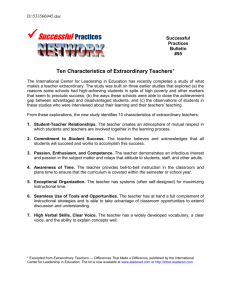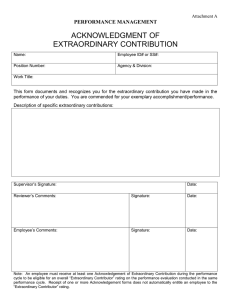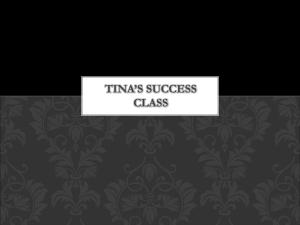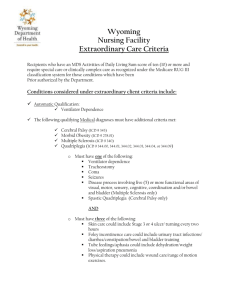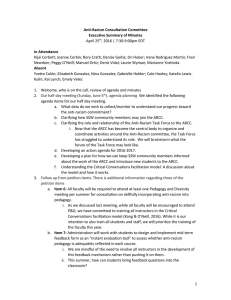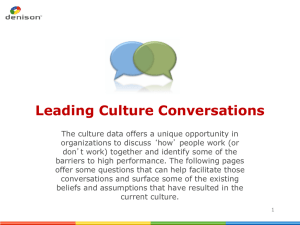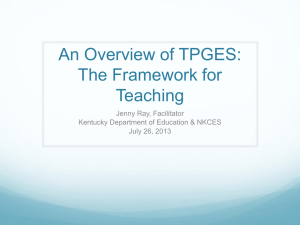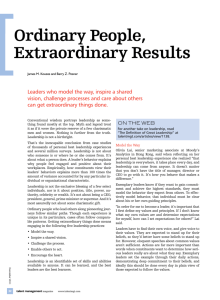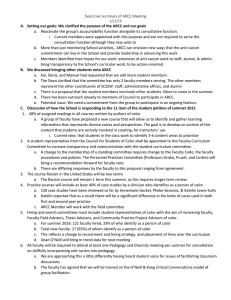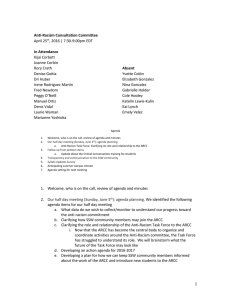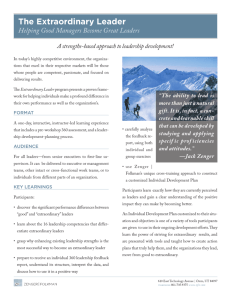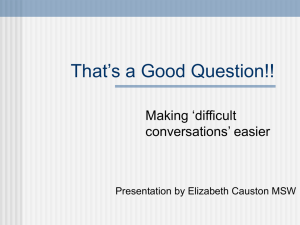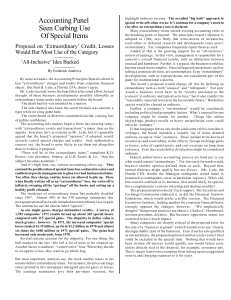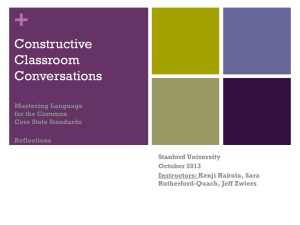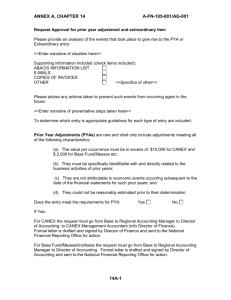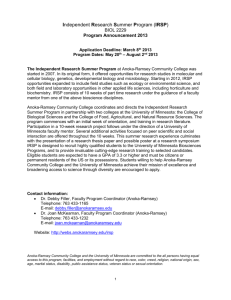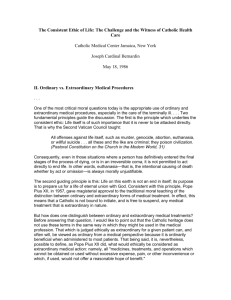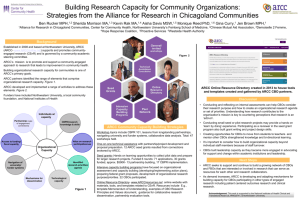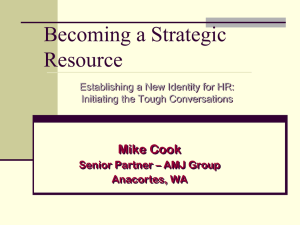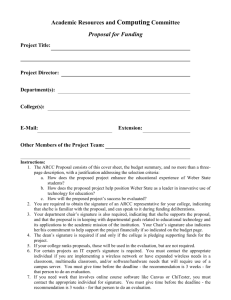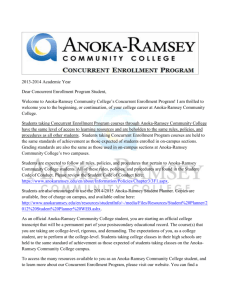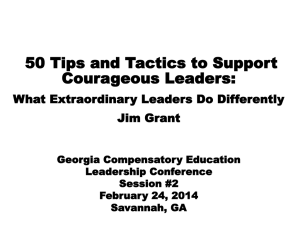Anoka-Ramsey Community College leveraged a previously planned
advertisement
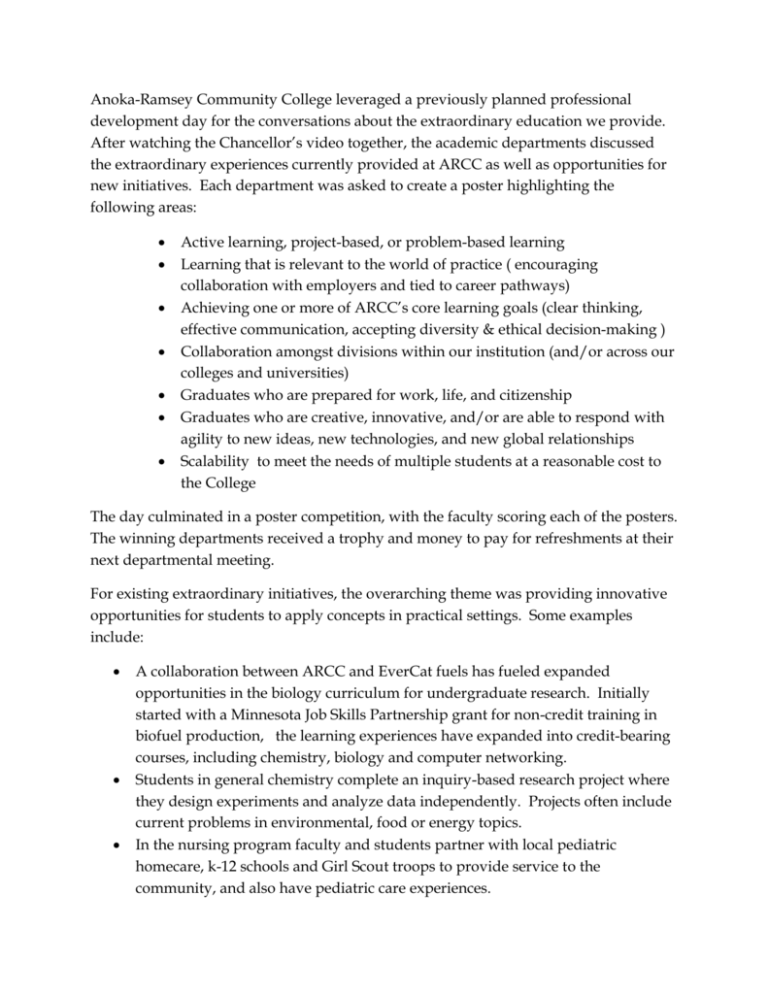
Anoka-Ramsey Community College leveraged a previously planned professional development day for the conversations about the extraordinary education we provide. After watching the Chancellor’s video together, the academic departments discussed the extraordinary experiences currently provided at ARCC as well as opportunities for new initiatives. Each department was asked to create a poster highlighting the following areas: Active learning, project-based, or problem-based learning Learning that is relevant to the world of practice ( encouraging collaboration with employers and tied to career pathways) Achieving one or more of ARCC’s core learning goals (clear thinking, effective communication, accepting diversity & ethical decision-making ) Collaboration amongst divisions within our institution (and/or across our colleges and universities) Graduates who are prepared for work, life, and citizenship Graduates who are creative, innovative, and/or are able to respond with agility to new ideas, new technologies, and new global relationships Scalability to meet the needs of multiple students at a reasonable cost to the College The day culminated in a poster competition, with the faculty scoring each of the posters. The winning departments received a trophy and money to pay for refreshments at their next departmental meeting. For existing extraordinary initiatives, the overarching theme was providing innovative opportunities for students to apply concepts in practical settings. Some examples include: A collaboration between ARCC and EverCat fuels has fueled expanded opportunities in the biology curriculum for undergraduate research. Initially started with a Minnesota Job Skills Partnership grant for non-credit training in biofuel production, the learning experiences have expanded into credit-bearing courses, including chemistry, biology and computer networking. Students in general chemistry complete an inquiry-based research project where they design experiments and analyze data independently. Projects often include current problems in environmental, food or energy topics. In the nursing program faculty and students partner with local pediatric homecare, k-12 schools and Girl Scout troops to provide service to the community, and also have pediatric care experiences. LEARN, EARN, RETURN; a comprehensive program that offers critical thinking experience through case studies and active learning. Students gain comprehensive training/skills that preparing them for an immediate job and also have the opportunity to go on to a four-year degree with our learning partners, plus return for additional certifications while employed. Online education was another theme and much discussion focused on using social media. One example comes from foreign language classes where instructors pair in Minnesota with English-language teachers abroad to promote dialogue between language learners. For several years, Anoka-Ramsey has been supporting a Quality Improvement Process (QIP), particularly emphasizing new online and hybrid courses. The Quality Improvement team (faculty peer mentor and teaching, learning, technology specialist) supports faculty in new course planning and development; upon completion, course design is reviewed for readiness before the course goes live. The conversations at Anoka-Ramsey Community College also encouraged faculty to dream of new collaborations which could benefit students. Some examples included: Collaboration Across the Curriculum - an initiative where courses would be mapped in D2L with classroom resources listed by Learner Outcome. The goal being that any instructor could access information for use in class. This would save preparation time, provide instructors with expert/in-field knowledge from learned practitioners to apply in their particular courses and provide common resources for use by students. There would be opportunities to facilitate combined classroom events, a general bulletin board for special events, speakers and other classroom activities can be announced and an instructor "Lounge" where department biographies and areas of expertise can list for collaborative purposes. The goal is to use existing resources to enhance student learning opportunities. MinnMATYC Mentorship Program where students who are interested in becoming math teachers attend a math education conference with a faculty mentor. In addition to the conversations with faculty, staff participated in conversations about their role in providing extraordinary educational experiences. A new grass-roots initiative, Campus Connection pairs faculty and staff with new incoming students to assure that students have at least one individual they can connect with at the college. The Green Dot program is another program which provides extraordinary opportunities for our student. This program provides Personal Power-Based Violence Prevention training for faculty and staff focused on bystander intervention to prevent violence. 115 students were trained in 2012, with an additional 2700 students learning about it through classroom visits.
